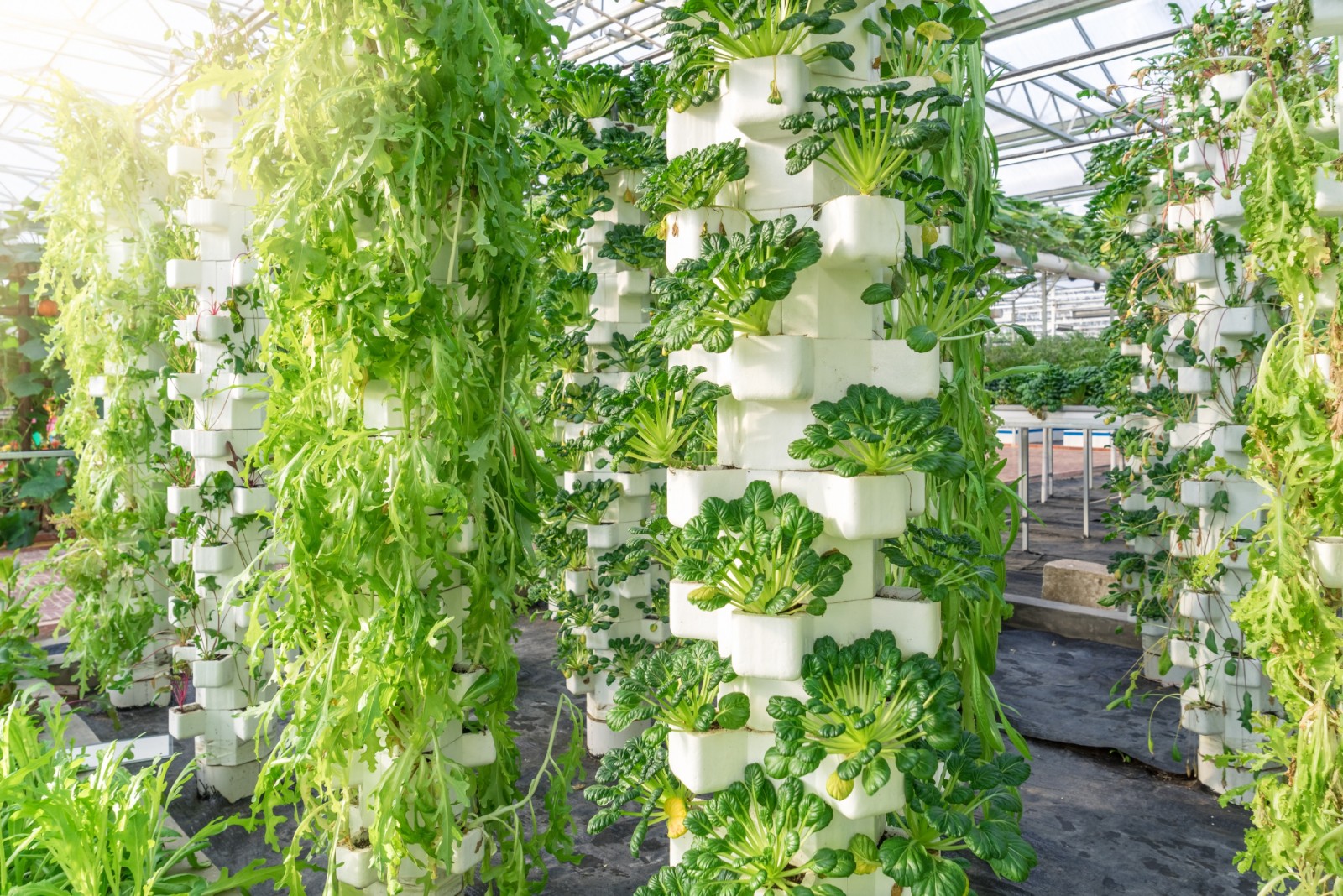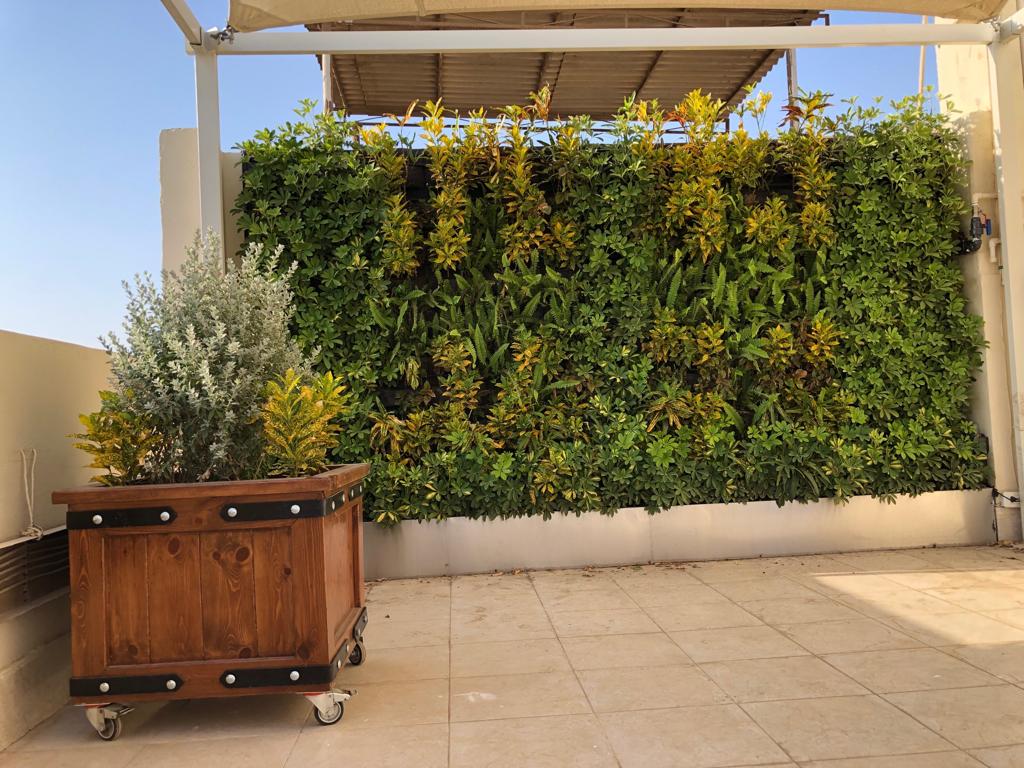Egypt (and the world) are already experiencing myriad climate-induced changes — many related to water, crops, heat, weather and health. This National Geographic infographic gives the global overview.
Did you know that Cairo is expected to face a severe water shortage by 2025? We are in fact on a list of the ten cities in the world most at risk of running out of water. Alexandria, meanwhile, is valiantly trying to stem the tide of rising sea levels. And levels of dissolved oxygen concentrations, which are getting progressively lower, are leading to the deterioration of Nile water quality, posing a threat to fish production, agriculture and human water consumption.
Lengthening seasons, pests, droughts, and flooding are affecting crop production: One study shows that by 2050, suitable croplands for the world’s four top commodities — corn, potatoes, rice, and wheat — will have shifted. This has the potential to up-end our entire global agricultural system. Egypt’s fertile Nile Delta could lose up to 15% of its key agricultural land by 2050, due to salinization. Just last month, Egypt’s agriculture minister warned of the potential impact on our food security, stressing that the government was taking steps to support sustainability in food production, including cultivating new, less water-intensive varieties of rice. It’s reached the point where some initiatives are even seeking to retrain farmers, to help them adapt to their new reality.
We’re already feeling the heat, but it’s only going to get more intense: By 2100, average temperatures will have increased by several degrees. Warm climates will be radically transformed, with “near-universal saturation of air conditioning” becoming a necessity. This, however, will only serve to keep driving temperatures up. In Egypt, scorching heat is a regular occurrence, but it’s now reaching new levels. In 2018, the Egyptian Meteorological Authority said that the past three years had been the hottest in the country since recorded temperatures started — and the pace of the temperature increase is picking up.
Extreme weather conditions are even affecting our artefacts: In Egypt, our ancient monuments are feeling the impact of see-sawing weather, a UN study shows. Longer periods of searing heat in Aswan are cracking many of the rose granite structures, some of which date back to the time of the pharaohs. And in Luxor, increasing heavy downpours of rain are eroding centuries-old mud brick structures.
Public health risks are growing too: Whether it’s the spread of infectious diseases in the heat, hunger and poor nutrition from declining crop production and higher levels of CO2 in the air, or an increased likelihood of heatstroke, a warmer climate is no good for our health. The increase in extreme weather will also lead to more power outages, which could badly impact hospitals and transportation systems. In Egypt, over 100 people died from extreme summer heat waves in 2015. Many more deaths from diseases like malaria, diarrhea, malnutrition and respiratory conditions are expected as temperatures keep increasing. The WHO predicts that, if we continue our current trajectory, some 1000 Egyptian children will die annually from diarrhea alone by 2050.






